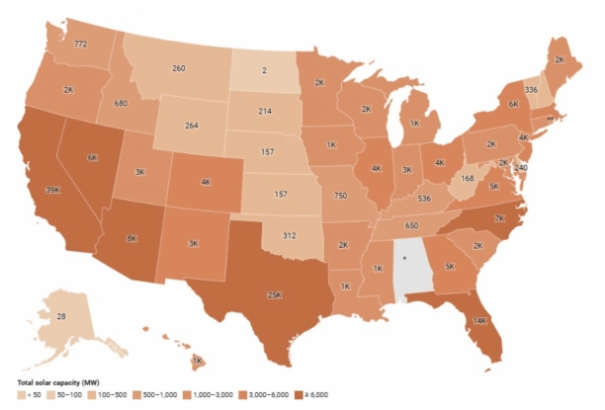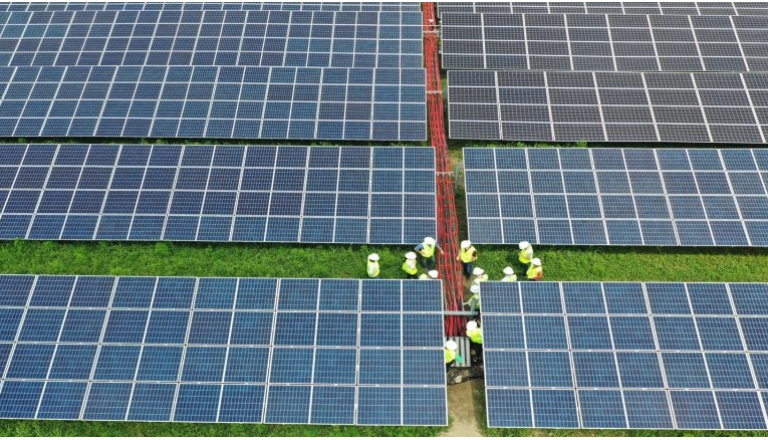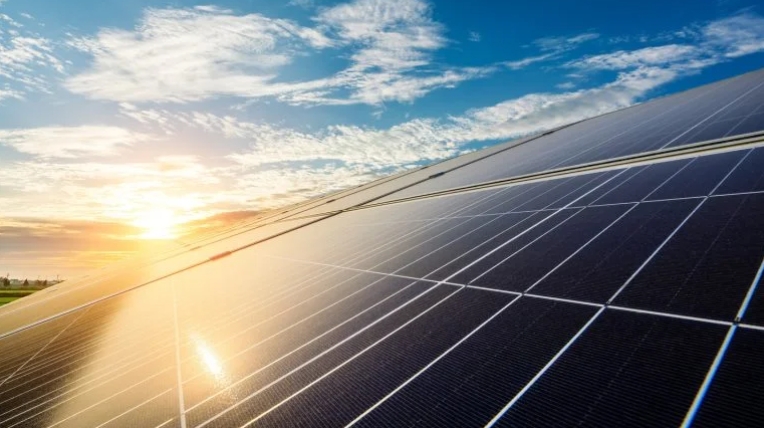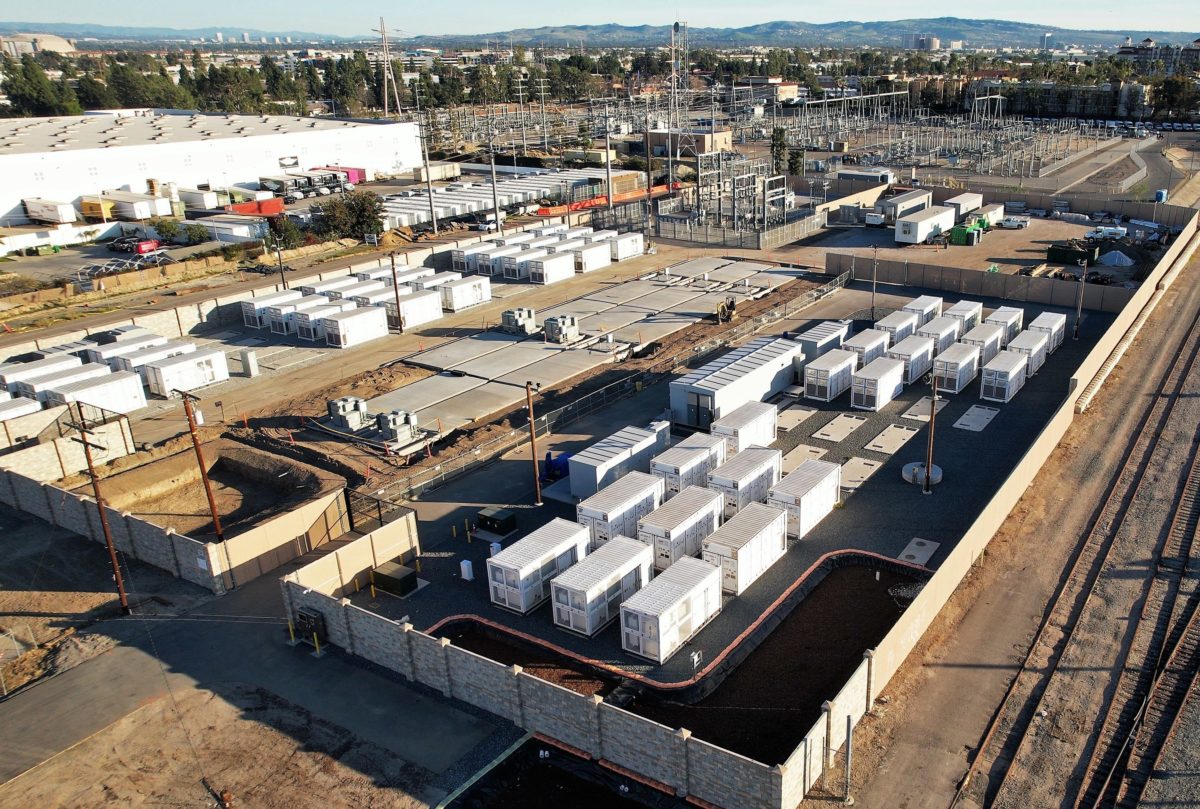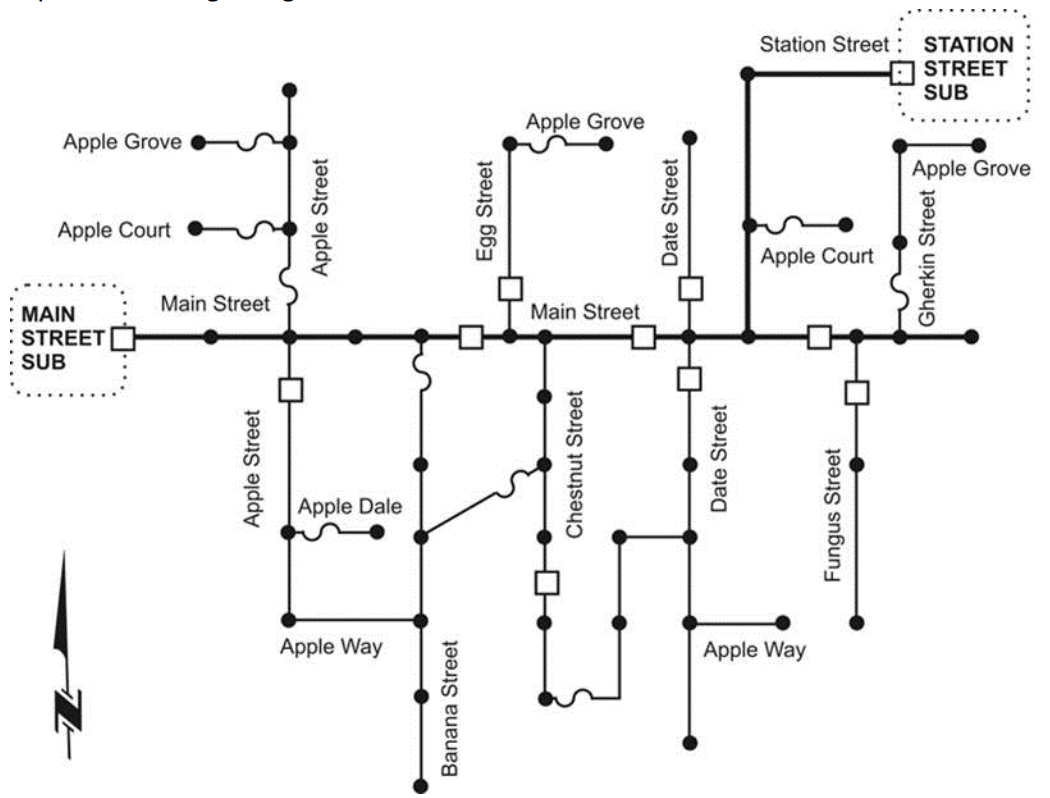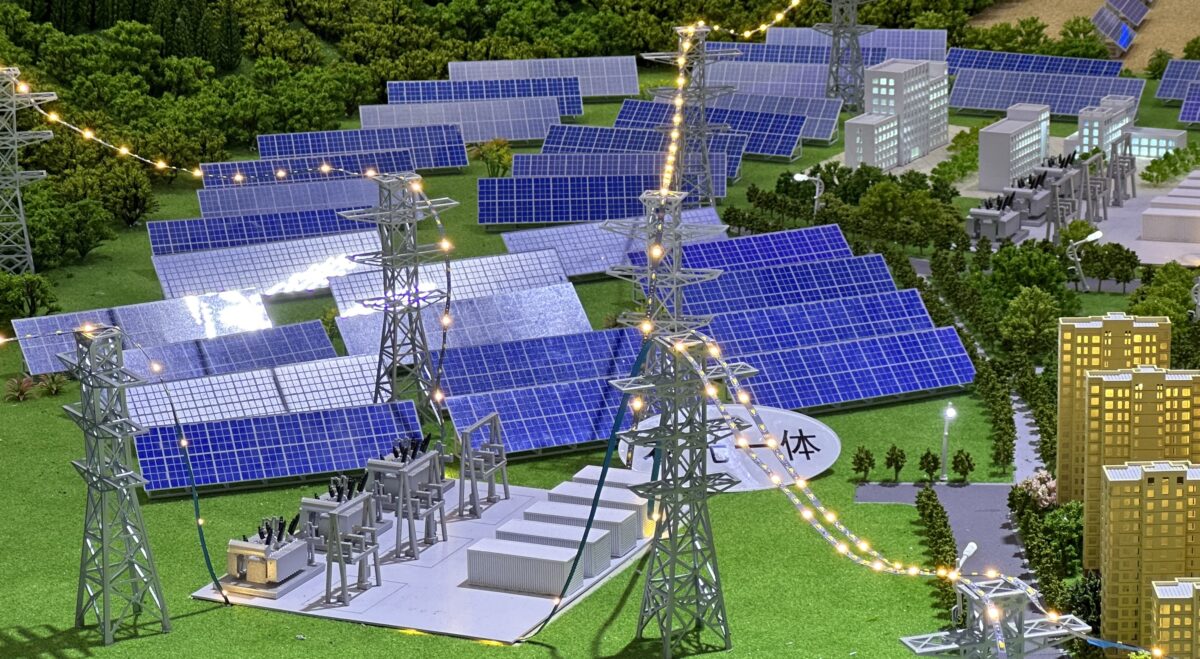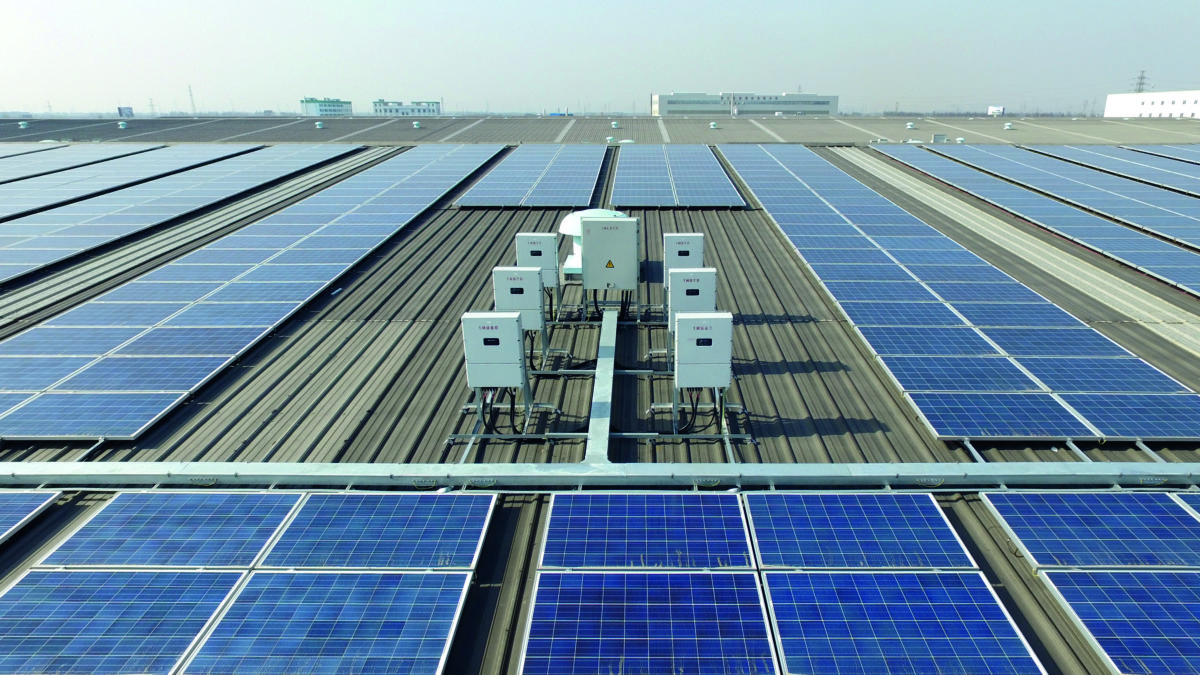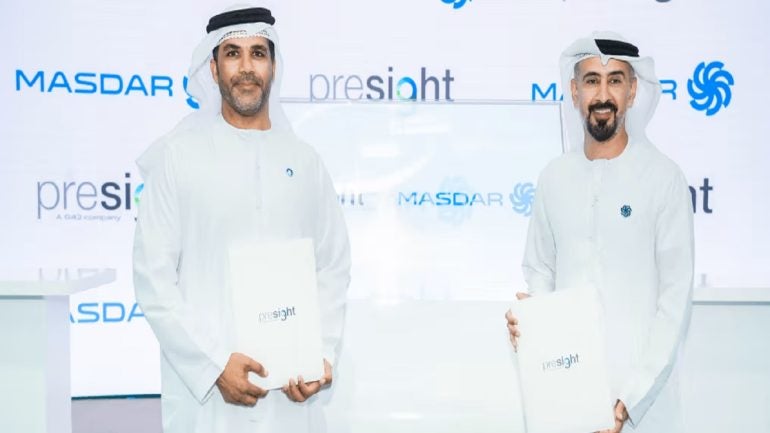The acquisition furthers PowerGen Renewable Energy’s goal of creating micro-utilities, entities that sell small amounts of local electricity, often generated from microgrids or minigrids.
The deal indicates that the Sub-Saharan microgrid and minigrid market is moving into a new phase of evolution.
“This deal is a great opportunity for PowerGen to build on its existing momentum and give us more leverage to show investors, governments, and donors that minigrids are an excellent solution to the energy access challenges facing Africa…By bringing clean, reliable power to communities who previously lacked electricity, PowerGen minigrids open up an enormous range of new economic activity while improving quality of life and health,” PowerGen Renewable Energy CEO Sam Slaughter told Microgrid Knowledge.
The acquisition will bring PowerGen Renewable Energy’s micro-utility customer base to over 50,000 in four Sub-Saharan countries, adding momentum to growth of micro-utilities across the African continent, added Benson Kibiti, communications director for international, non-profit sustainable energy advocacy Power for All.
“Governments in Africa now realize providing energy access and low-cost power for productive uses to the communities is core to powering rural economies and creating a foundation for economic development. Microgrids are a key tool to do this,”Kibiti said.
Funding this and future deals
PowerGen acquired Rafiki Power’s microgrids, project pipeline, software IP and human resources. Terms of the deal were not disclosed.
Funding came from a Series A round of venture capital financing PowerGen raised in December 2016 from DOB Equity, AHL Ventures and Marc Beuls, Slaughter said.
There’s a relatively high degree of uncertainty when valuing businesses that are pioneering new markets and industries in emerging and less developed countries. PowerGen based its valuation on the assets acquired, deployed and developed by E.ON and their potential to generate cash flow and strategic value, Slaughter explained.
“We do believe we can achieve our financial, sustainability, and impact goals,” Slaughter said. “Accomplishing this will require increased scale from companies like PowerGen, as well as strong, collaborative relationships with African governments and the donors who are engaged in the energy access challenge.”
ABCs of PowerGen micro-utilities
A typical PowerGen microgrid consists of a solar-plus-storage, a network of distribution lines and poles, smart metering at each connection point, optional internal home or business wiring provided by PowerGen, and optional appliances and productive loads that PowerGen distributes, Slaughter said.
“Our grids typically serve 100-500 connections, but can be as large as several thousand, and typically have a geographic radius under 1 kilometer (0.62 miles). The electricity services is 24/7 AC power suitable for supplying energy for any household or light commercial appliances and equipment, and is more reliable and more stable than the national grid,” Slaughter said.
PowerGen microgrid customers pay for the energy they consume on an on-demand, or pay-as-you-go, basis via mobile money telecoms services. They add credit to their accounts as they consume energy, which automatically activates their smart meters. The company also provides customers the option of topping up their accounts by paying cash to collection agents in most communities served, added Slaughter.
The solar-plus-storage microgrids serve primarily rural residents, providing first-time or much improved energy access. They boost local business development, growth and job creation and enable residents, businesses, schools and hospitals “to use modern appliances like TVs, radios, refrigerators, pumps, mills, and any other normal appliance that can run from the grid,” Slaughter said.”They can even power electric vehicles,”
Microgrids and sustainable development
Almost entirely emissions-free, the microgrids improve human and environmental health and reduce degradation of ecosystems and natural resources associated with deforestation and the use of charcoal, kerosene and old, lead-acid car batteries for lighting, heating and other forms of energy. “In some cases, diesel is used as backup, but the significant majority of energy is provided through clean solar,” Slaughter said.
PowerGen operates microgrids in Kenya, Tanzania and Sierra Leone. It also has an office in Nigeria where projects are under construction, according to Slaughter. All the assets acquired via the Rafiki Power-E.ON Off-Grid Solutions’ acquisition are located in Tanzania. A Rafiki Power/E.ON Off-Grid Solutions’ team based in Tanzania and Germany has joined PowerGen as a result of the acquisition.
